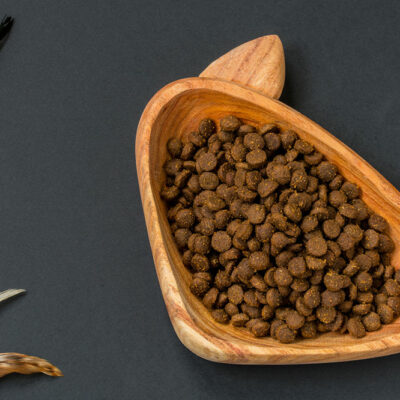
Foods that Trigger Irritable Bowel Disease (IBD)
Irritable bowel disease (IBD) is an unpleasant illness; however, the symptoms can be reduced by avoiding certain foods. This disease targets the large intestine. IBD, such as ulcerative colitis and Crohn’s disease, are chronic and require long-term management. Symptoms associated with IBD are gas, pain in the lower abdomen, and bloating.
IBD may also cause constipation or diarrhea, and sometimes both. Here are some foods you should avoid if you suffer from IBD:
1. Fatty or fried foods
Fried foods are harder to digest and can cause discomfort, especially for people with IBD, so it’s best to avoid these. Fatty and fried foods are a popular part of the western diet. Fast foods are regularly consumed, and although they may be delicious, they are bad for you in many ways. Eating too much of these kinds of foods will result in various health problems or worsen IBD symptoms. If you have IBD, you should avoid eating fries, burgers, pizzas, and other fatty foods. When foods are fried, their chemical makeup changes. It results in difficulties digesting the food. To avoid fried foods, you should eat more. You can substitute frying with grilling or baking as healthier options.
2. Spicy foods
Eating spicy foods has been proven to trigger abdominal pain and other symptoms in people who suffer from IBD. If you have Irritable Bowel Disease, you will notice that you experience abdominal cramps and diarrhea when you eat spicy foods. Spicy foods are trigger foods for IBD. A lot of spicy foods use chili pepper. These peppers contain capsaicin, which is what makes them so hot. Studies have linked this substance to symptoms of IBD. Capsaicin is not found in other peppers like black pepper and white pepper; it’s only found in chili. However, even spicy foods that do not contain chili are bad for IBD. So, it would help if you avoided these altogether.
3. Fatty foods containing dairy
Creamy sauces exacerbate symptoms of Crohn’s disease, such as pain in the abdomen, gas, and bloating. Creamy sauces are typically made with dairy products like heavy cream, milk, and cheese. People who suffer from IBD experience symptoms similar to those related to lactose intolerance. Although the two conditions are unrelated, they have some of the same symptoms. Also, creamy sauces containing cream, butter, or margarine are greasy. As previously mentioned, fatty and greasy foods are harder to digest and worsens diarrhea. You can substitute creamy sauces with other sauces with less grease and don’t use dairy products as their primary ingredients.
4. Foods high in fiber
High consumption of fibers, particularly insoluble fibers, can cause IBD symptoms, such as constipation, bloating, and abdominal cramps. Symptoms of ulcerative colitis and Crohn’s disease are severely worsened when you eat insoluble fibers. Soluble fibers are easier to digest and help to ease bowel movement. However, insoluble fibers are hard to digest, thus, triggering symptoms of IBD. Fruits and vegetables, grain, seeds, and nuts all contain insoluble fiber. While these are typically great additions to your diet, a low-fiber diet is recommended if you have Irritable Bowel Disease. A low fiber diet will help regulate your stool and relieve other symptoms like diarrhea and cramps. The good idea is to cook fruits and vegetables to cut the fiber and make them safe for eating.


